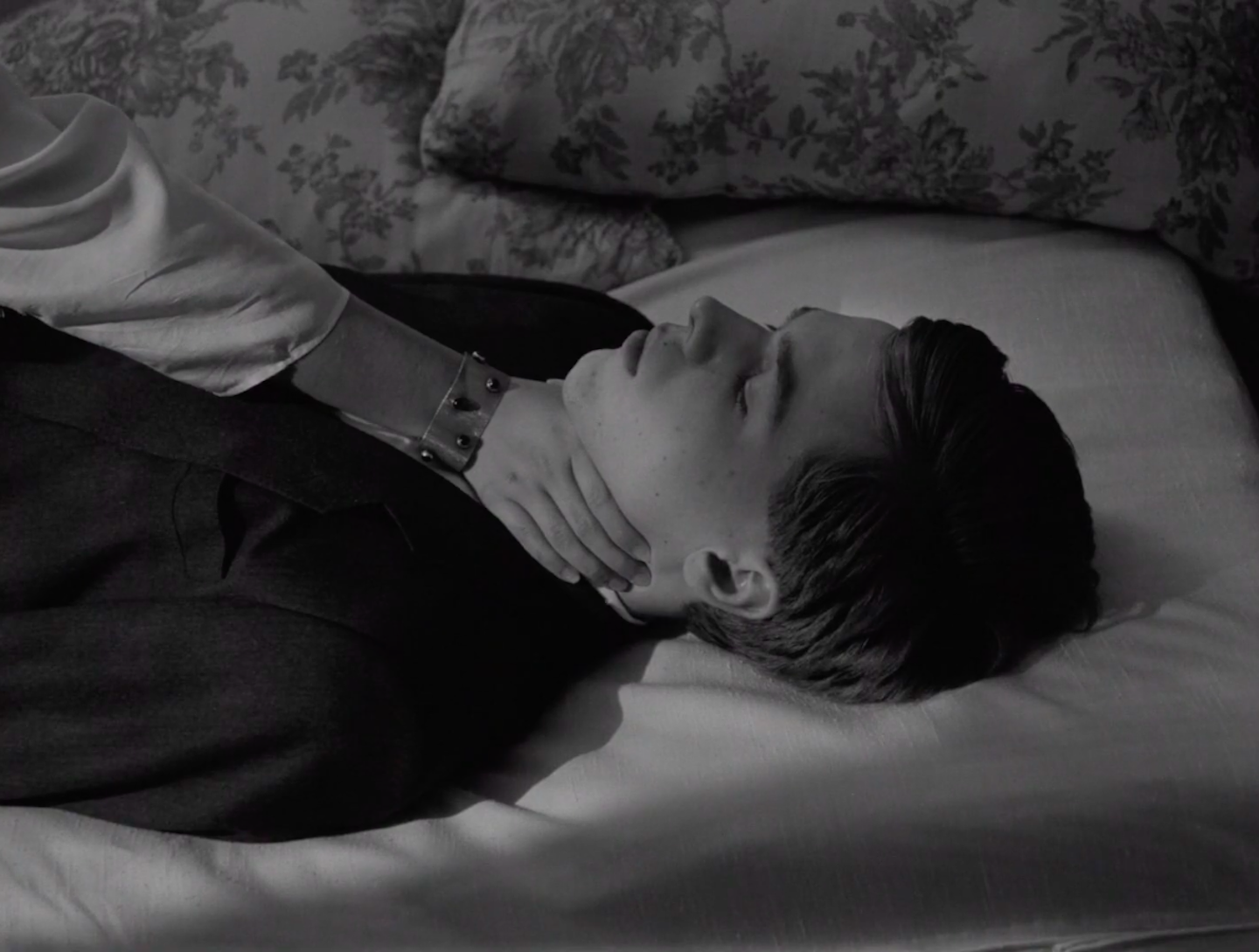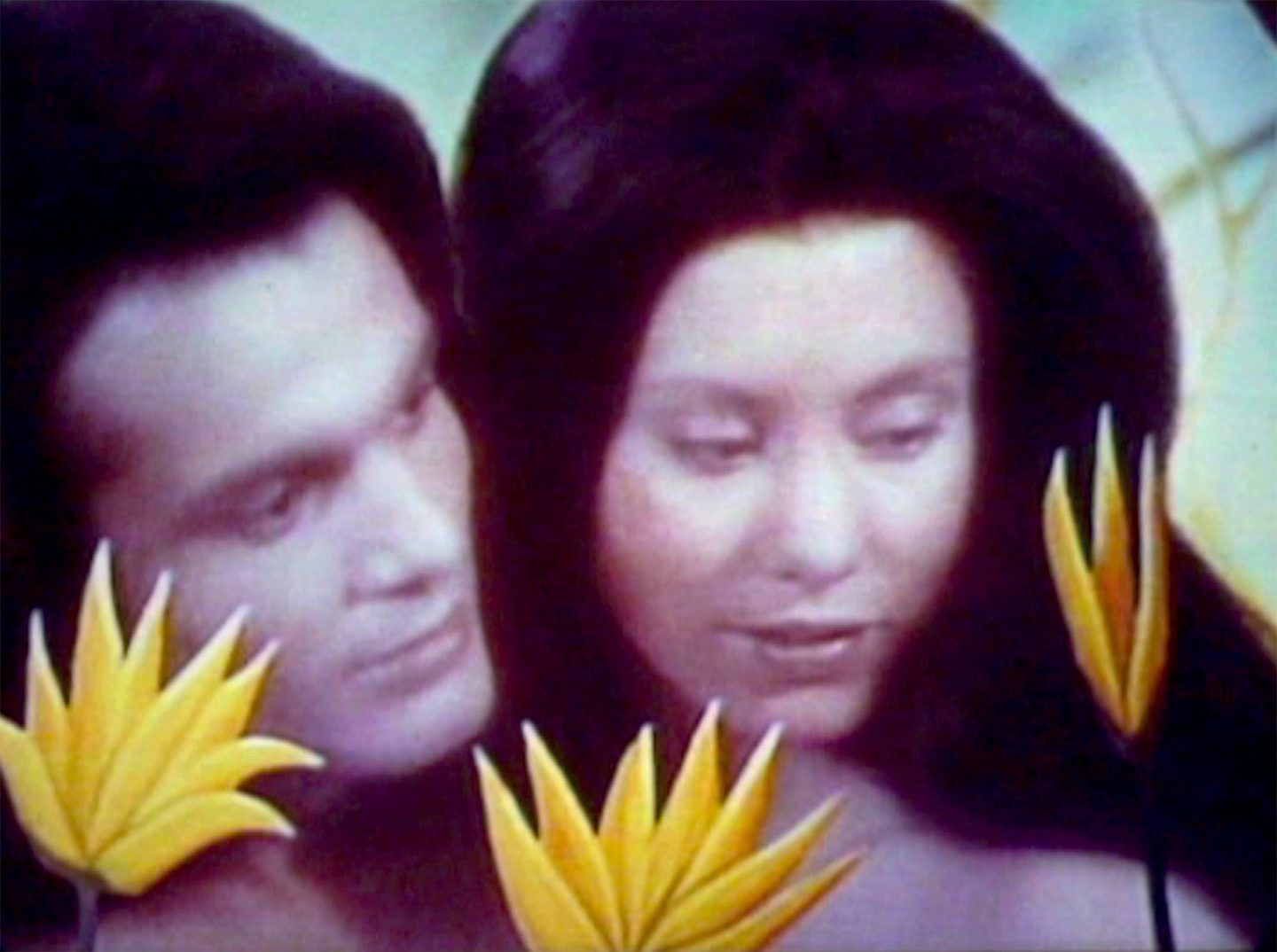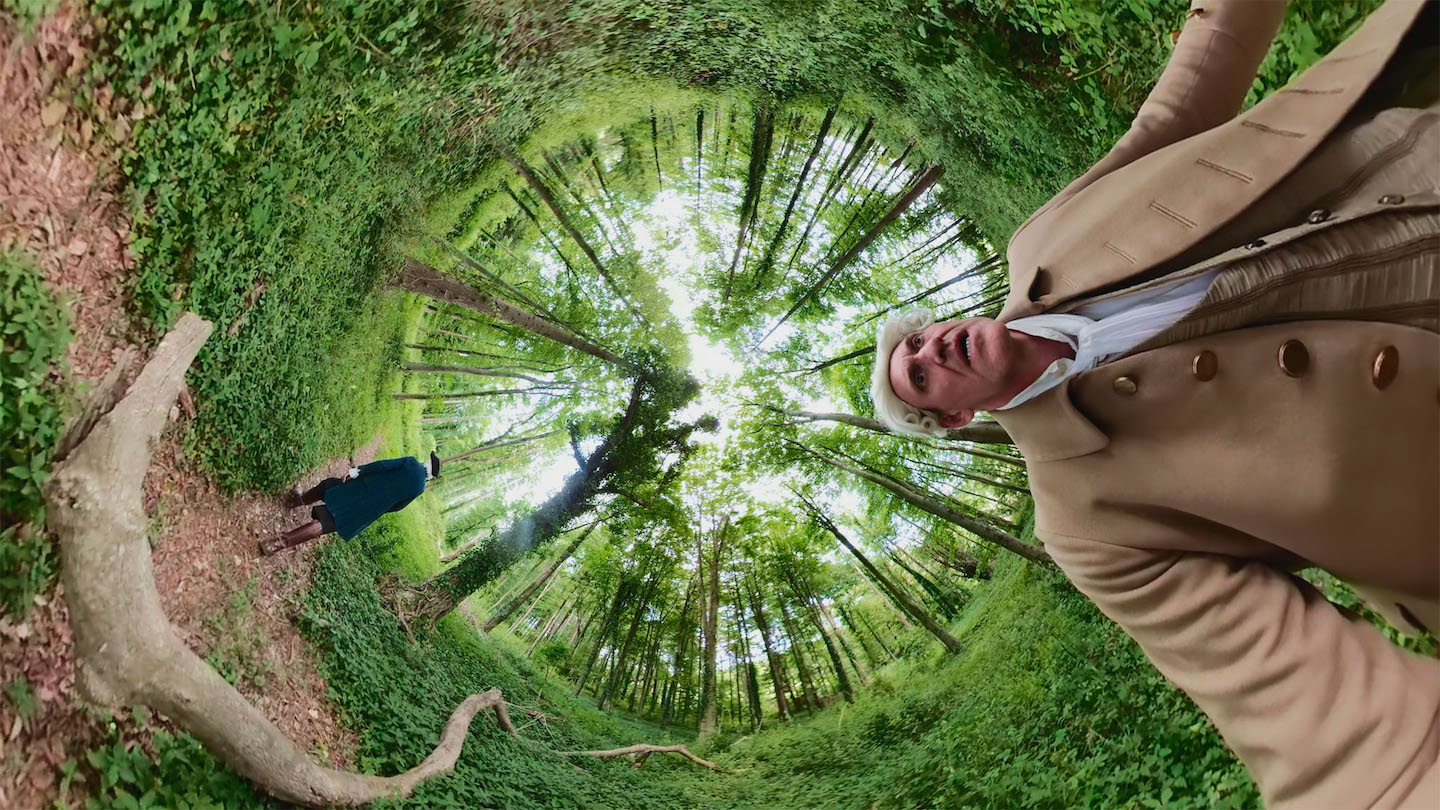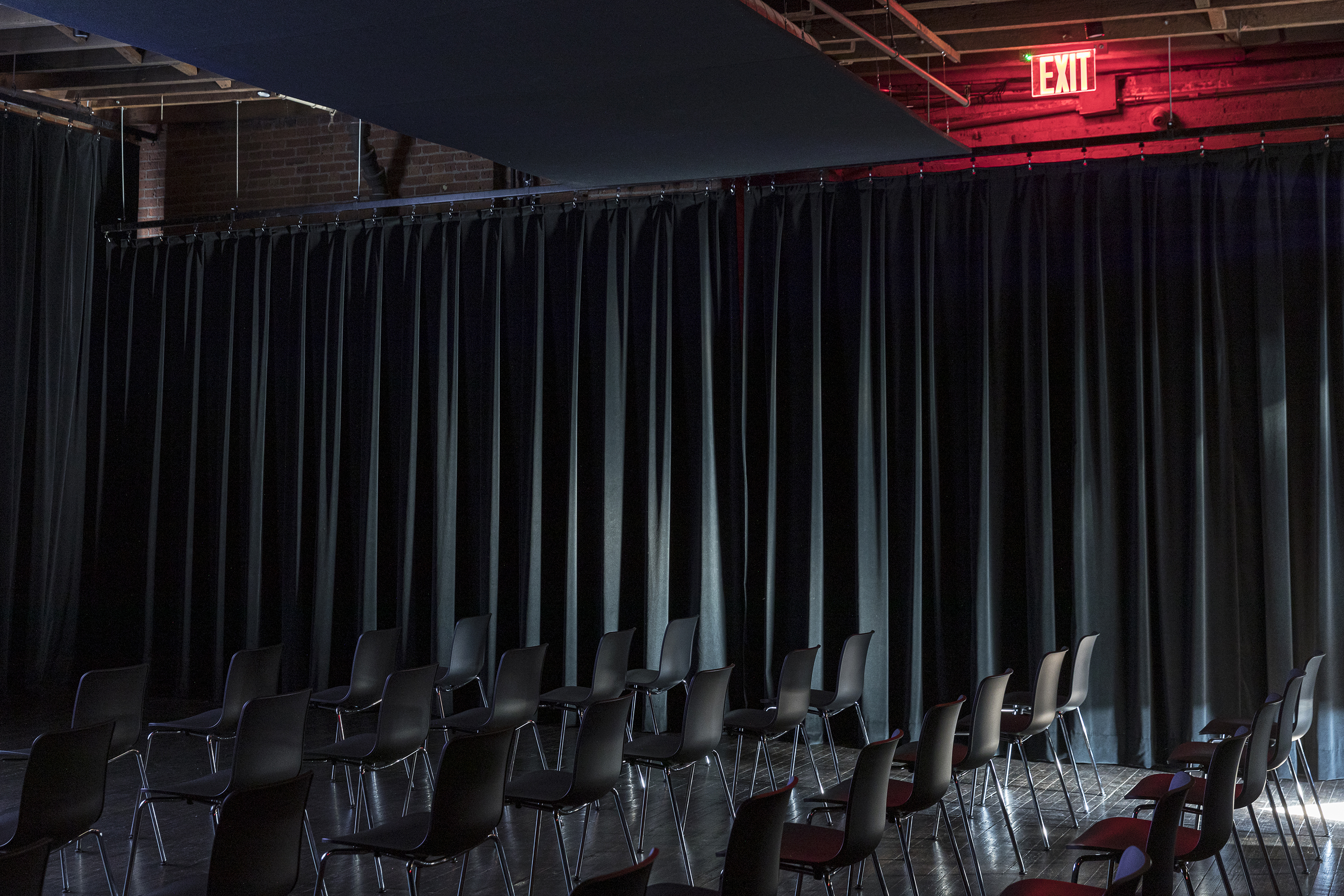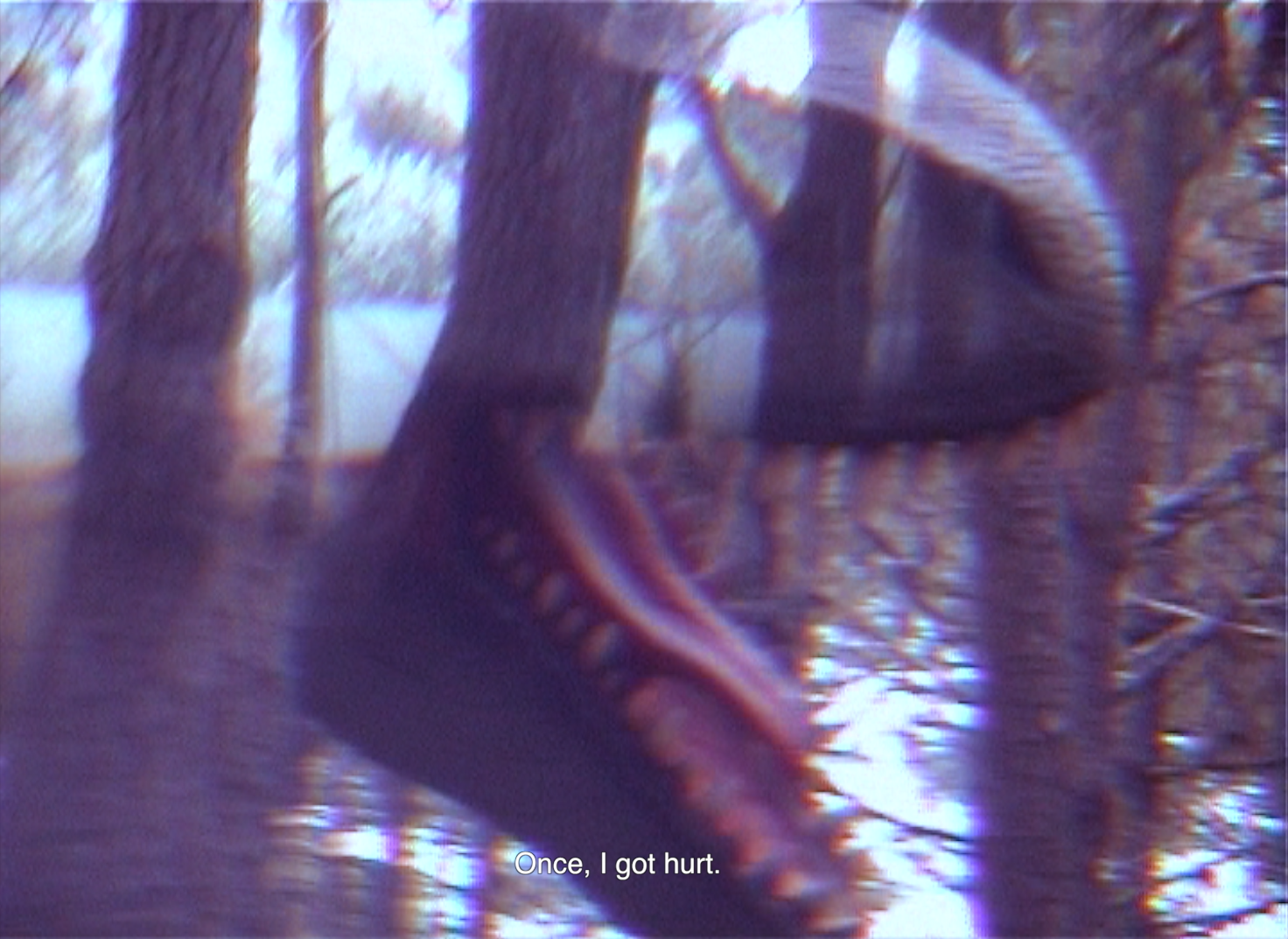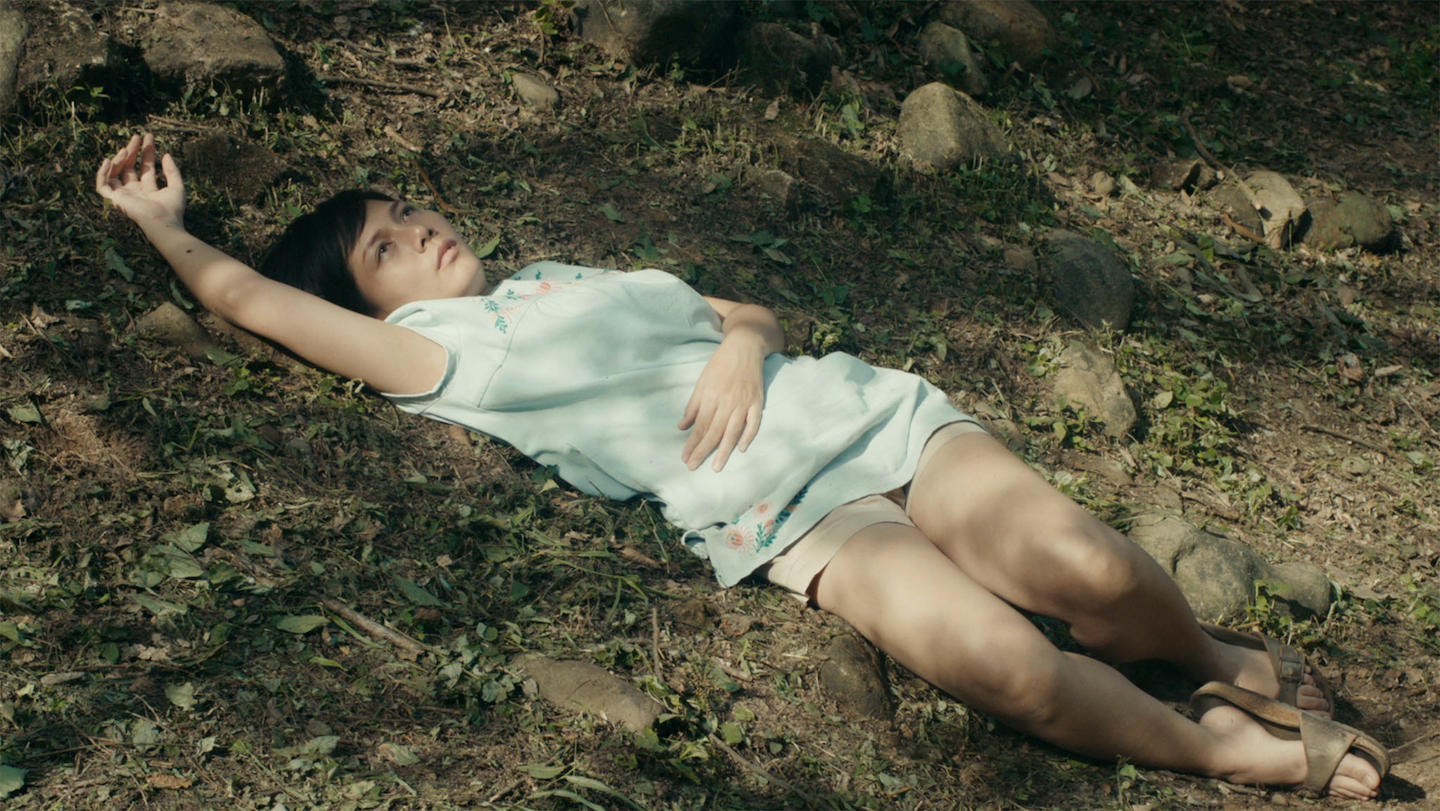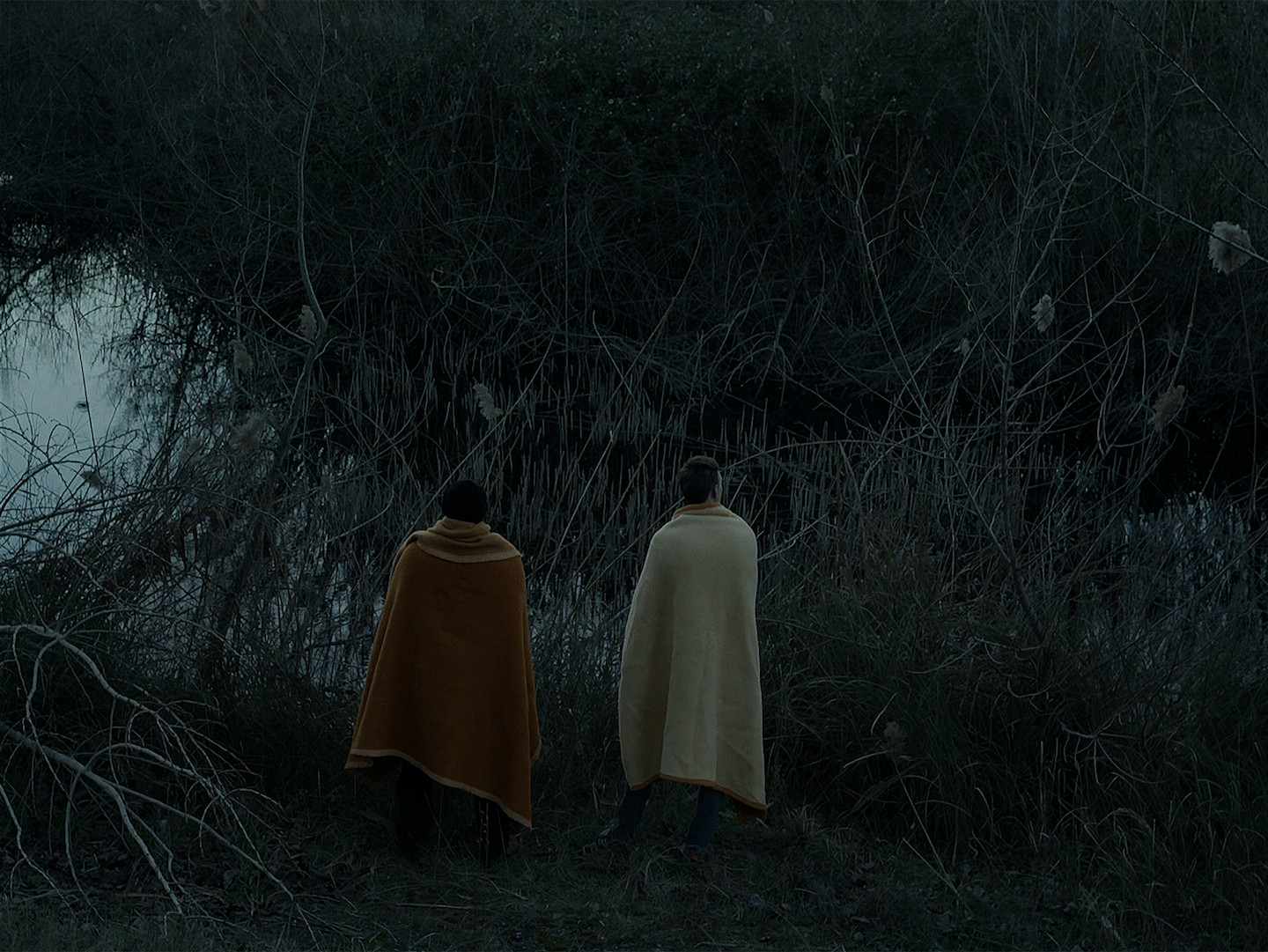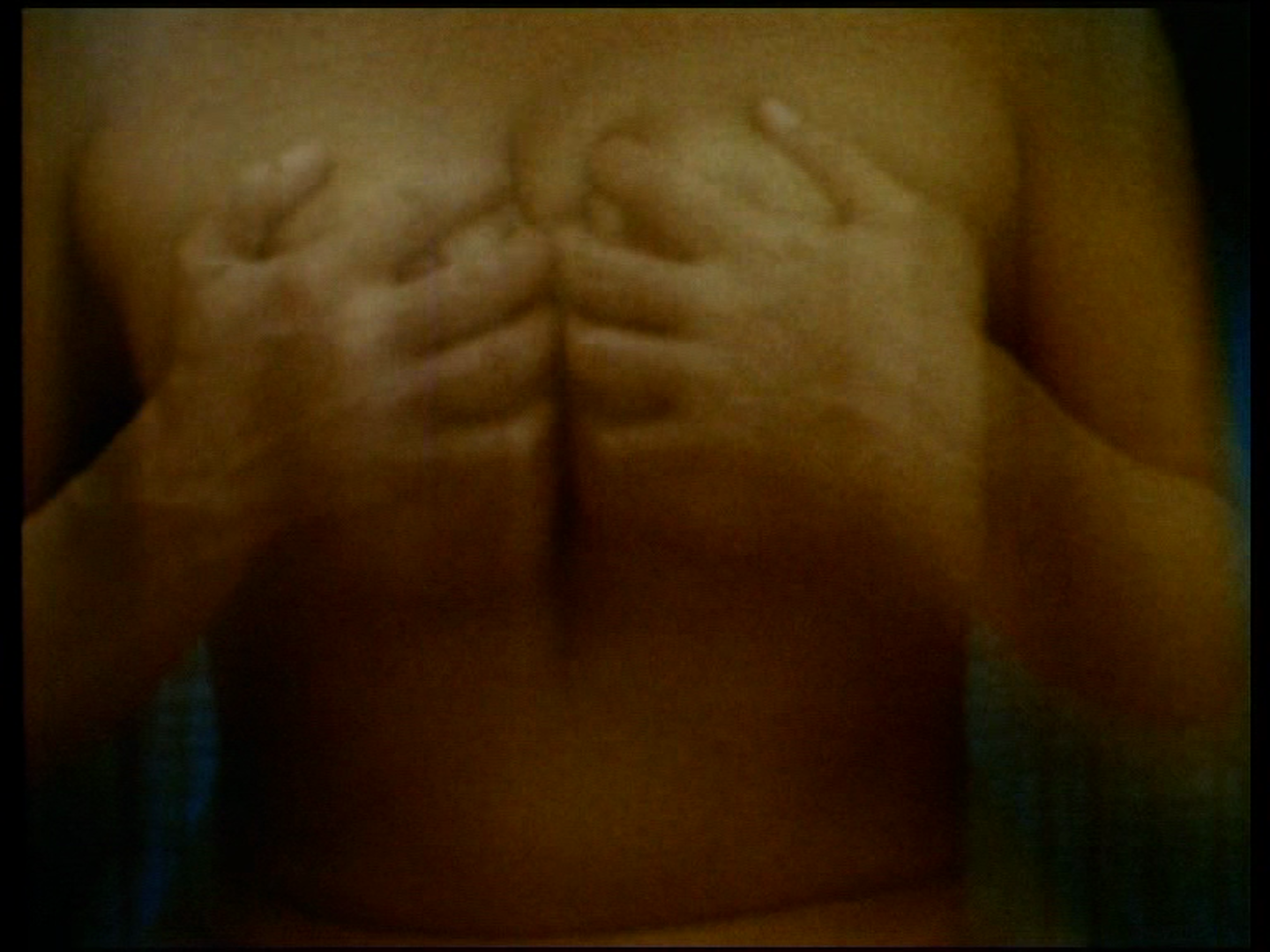Screening in support of the Oleksandr Dovzhenko National Centre in Kyiv
March 31, 2022
Brooklyn 11205
USA
e-flux Screening Room is pleased to present a screening of Kira Muratova’s The Asthenic Syndrome (Ukraine, 1989; 153 minutes). The screening is organized in support, and courtesy of, the Oleksandr Dovzhenko National Center in Kyiv.
“The world around and the resistance—all that can be related to Asthenic Syndrome. This is my only film that has a sociopolitical side to it. A voice crying in the wilderness…” the legendary Ukrainian filmmaker Kira Muratova said in one of her last interviews given in 2016.
Released in 1989, Muratova’s The Asthenic Syndrome immediately became a sensation and remains one of the most impressive Ukrainian films of the late 1980s. The film begins as an absurd drama about a recently widowed woman who starts to obliterate her previous identity, radically challenging the status quo of her life. But soon the film turns into a self-reflective “film-within-a-film,” a contemplation of the life of a disillusioned character, the teacher suffering from the titular, asthenic syndrome which causes uncontrollable sleepiness.
An ambitious and provocative portrait of the late 1980s, The Asthenic Syndrome perfectly manifests Muratova’s cinema. The allegorical motifs here are blended with unforgiving naturalistic scenes that one can find hard to follow in the beginning, but is rewarded later. The film exemplifies Muratova’s highly original style that bridges narrative conventions and the avant-garde film tradition in search for new ways to present more diverse voices within a highly masculine and patriarchal Soviet society. Notably, in The Asthenic Syndrome Muratova’s radicalism is in tune with the grand historical changes that preceded and followed its release. The film has often been seen—and rightly so—as a parodic criticism of the conservatism, exhaustion, and lifelessness of the Soviet society of the late 1980s. As Evgeny Gusyatinskiy wrote for Senses of Cinema, “The Asthenic Syndrome became the last Soviet and the first post-Soviet film, a certain apocalyptic fresco of unprecedented times.” The film is also considered to be “the last forbidden film“ of the USSR. To reach the 40th Berlin International Film Festival, where the film won a Silver Bear Grand Jury prize in 1990, it had to be smuggled out of the country, since it was not allowed to be distributed by the Soviet authorities.
Please buy tickets for the program and/or donate here. Proceeds from ticket sales and additional donations will go towards the Oleksandr Dovzhenko National Centre in Kyiv, in support of their efforts to protect Ukraine's film archives.
Kira Muratova (1934–2018) was a critically acclaimed master of Ukrainian cinema, known for her unusual directorial style and lyrical, eccentric, and highly distinctive films that yet have to receive more worldwide recognition. Muratova spent most of her artistic career in Odessa, Ukraine creating her films with local studios, mostly casting local actors. Muratova's extraordinarily vision, unique imagination, and feminist sensibility is exemplified in 22 works she has directed between 1961 and 2012. Many of them, however, remained barely known within and outside the Soviet Union before the late 1980s, since her films often underwent state censorship. It was only during Perestroyka that Muratova started receiving wider public recognition and her first awards. In 1988, the International Women’s Film Festival Créteil (France) showed the first retrospective of her works. Her film Among Grey Stones was screened in the Un Certain Regard section at the 1988 Cannes Film Festival and her Asthenic Syndrome won the Jury Grand Prix at the 1990 Berlinale. From then on, Muratova’s films have been regularly premiering at international film festivals in Berlin, Cannes, Moscow, Rome, Venice, and other places. Muratova is considered to be the most idiosyncratic Ukrainian film director, whose works can be seen as postmodern, employing eclecticism, parody, discontinuous editing, disrupted narration, and intense visual and sound stimuli.
About the Oleksandr Dovzhenko National Centre in Kyiv
The Oleksandr Dovzhenko National Centre in Kyiv has an archive of international significance with an extensive collection of Ukrainian and foreign films which includes 7,000 feature films, documentaries, and animated films, as well as thousands of archival records from the history of Ukrainian cinema. Founded in 1994 the Dovzhenko Centre has a modern climate-controlled film vault, the only film copying laboratory in Ukraine, a film museum, a media library and a publishing department. It preserves, promotes, researches, and distributes the national film heritage in Ukraine and abroad. One of its main activities is the study and restoration of the film production of the All-Ukrainian Photo Cinema Administration (VUFKU/ВУФКУ) which was founded 100 years ago in March 1922. VUFKU became one of the most successful film studios of the 1920s until it was forced to integrate into an all-Soviet film administration in 1930. Many of its leading figures were imprisoned or executed as Stalin suppressed the Ukrainian national revival in the 1930s. Ukraine and its culture are under attack again and the Centre's archive and work are in peril. Despite its important contribution to Ukrainian and world cinema the Centre has always been under-funded and the Russian invasion has left it unable to pay its staff, protect its unique archive, and continue to operate. (dovzhenkocentre.org)
e-flux Screening Room is a 75-seat cinema in Brooklyn presenting artists’ cinema, video art, and experimental film. The space is designed to welcome encounters between curated screenings of today’s key moving-image works from all parts of the world and conversations with artists, curators, and theorists through discursive events, seminars, and lectures. Technological and economic paradigm shifts in recent decades have caused moving-image art to become even more multi-disciplinary, geographically dispersed, and ephemeral than ever before, while prompting new ways of producing, exhibiting, and disseminating films and videos that market-based film festivals fail to understand. e-flux Screening Room is dedicated to exploring the space between experimental film, cinema, and contemporary art where such emergent approaches to moving-image art can flourish. The Screening Room is an educational space to study and learn about the histories of moving-image art. It is a venue where avant-garde films of the 1920s, underground and experimental film movements of the 1960s, expanded cinema practices, late twentieth-century video and installation art, and twenty-first century artists’ films can be contextualized within an overarching focus on artists and movements from parts of the world excluded from or unfamiliar to dominant canons of the film and art industries.
For more information, contact program@e-flux.com.

